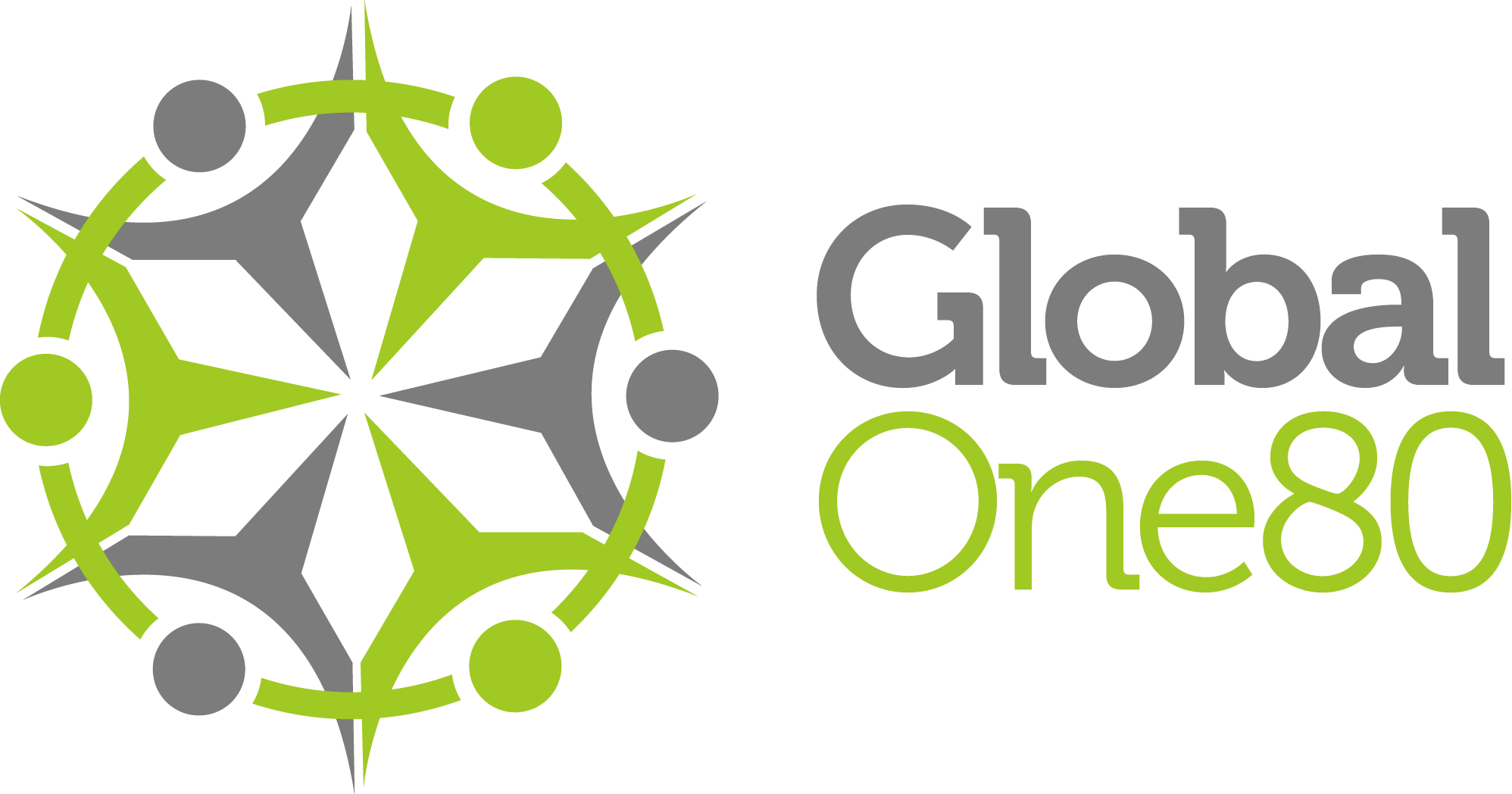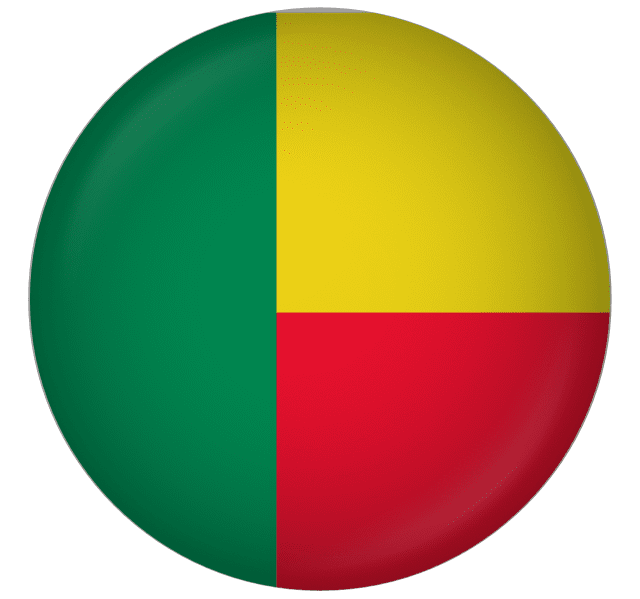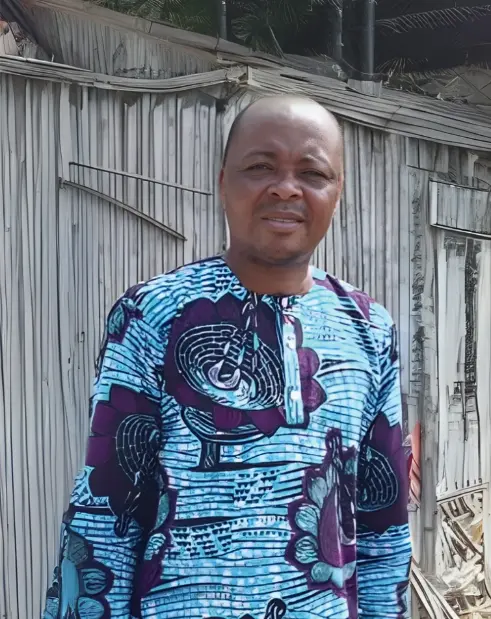Religiously, Benin is diverse. The dominant faiths are Christianity, mostly practiced in the south and central regions, and Islam, introduced by the Songhai Empire and Hausa traders and prevalent in the northern provinces of Alibori, Borgou, and Donga, as well as among the Yoruba, who often blend Islamic or Christian beliefs with traditional Vodun and Orisha spirituality. Ahmadiyya Islam, a 19th-century reformist movement, also has followers within the country.
Despite the importance of agriculture to its economy, Benin invested less than 5% of its GDP in agricultural development in 2010—falling short of the 10% commitment made by African Union members in the 2003 Maputo Declaration. This target was reaffirmed in the 2014 Malabo Declaration, which also set ambitious goals, such as doubling agricultural productivity, cutting post-harvest losses by 50%, and reducing stunting to below 10%. However, African leaders have yet to agree on a common framework to measure the 10% benchmark across countries.
Benin has received mixed rankings in various global assessments. It ranked 18th out of 52 African countries in areas like safety, the rule of law, and participation and human rights. In 2007, Reporters Without Borders placed Benin at 53rd out of 169 countries in its Worldwide Press Freedom Index. However, by 2016, when President Patrice Talon took office, that ranking had declined to 78th and later fell further to 113th. Additionally, a 2005 global corruption index ranked Benin 88th out of 159 countries, with challenges noted in policing, business, and politics.



